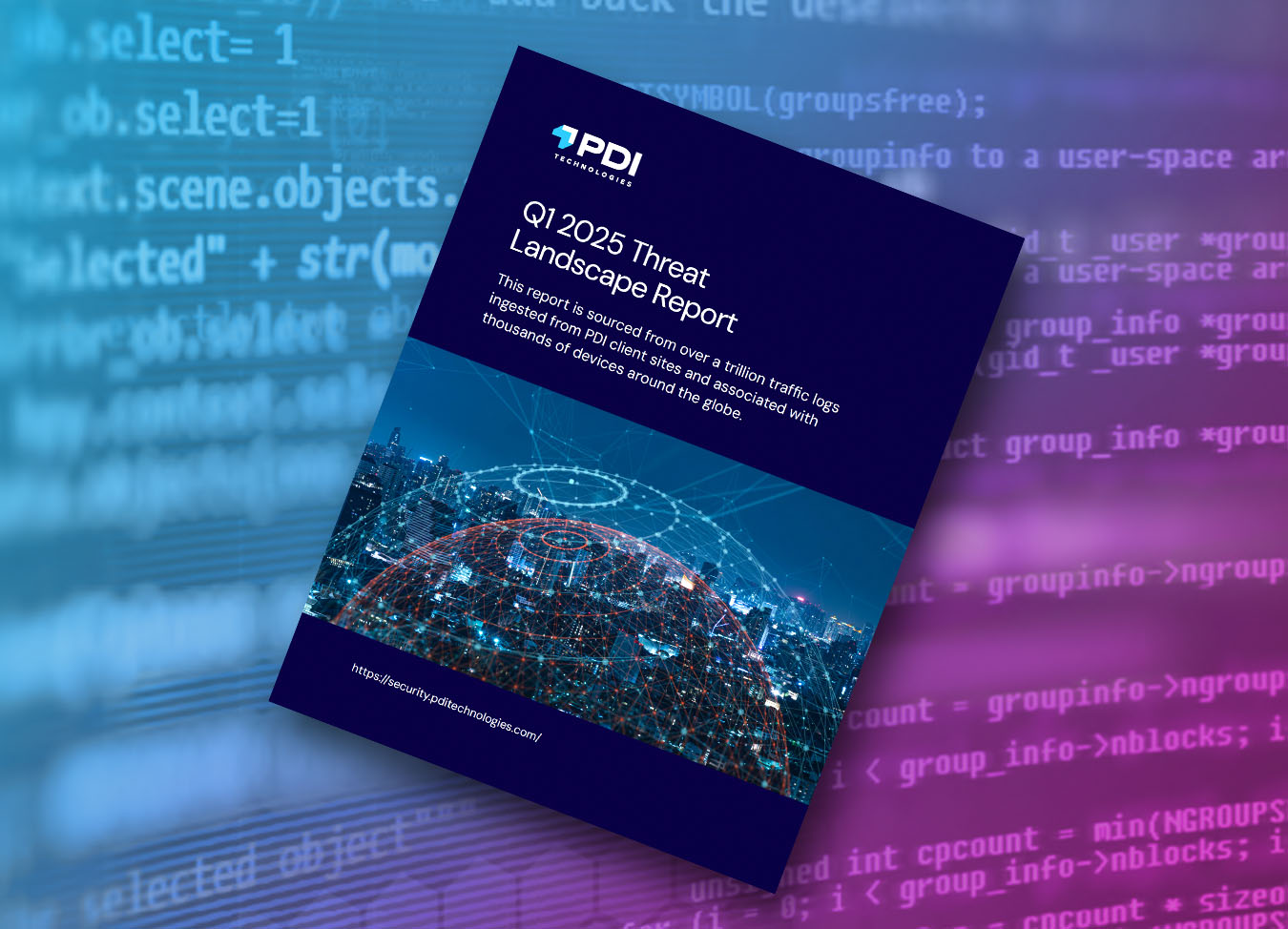Critical SonicWall SSL VPN Flaw: Unauthenticated DoS Attacks on Firewalls

Critical SonicWall SSL VPN Flaw: Unauthenticated DoS Attacks on Firewalls
A critical vulnerability has been discovered in SonicWall's SSL VPN, potentially allowing attackers to launch denial-of-service (DoS) attacks on vulnerable firewalls. This flaw, identified as CVE-2025-40600, poses a significant risk to organizations relying on SonicWall Gen7 firewalls for secure remote access. Read on to understand the details of this vulnerability, its impact, and the steps you can take to protect your network.

SonicWall firewall hit with critical authentication bypass ...
Understanding CVE-2025-40600
CVE-2025-40600 is a critical format string vulnerability affecting the SSL VPN interface of SonicOS. This vulnerability allows an unauthenticated remote attacker to cause a service disruption by sending specially crafted requests to the firewall. The Common Vulnerability Scoring System (CVSS) score for this vulnerability is high, indicating its severity and potential impact.
Affected Products
This vulnerability affects the following SonicWall products:
- SonicWall Gen7 hardware and virtual firewalls running vulnerable versions of SonicOS.
Specifically, the vulnerability resides in the SSL VPN component of these firewalls, which is used to provide secure remote access to internal network resources.
Mitigation Strategies
SonicWall has released patches to address this vulnerability. It is strongly recommended that organizations take the following steps to mitigate the risk:
- Apply the latest patches: Update your SonicWall Gen7 firewalls to the latest firmware versions that include the fix for CVE-2025-40600.
- Disable SSL VPN if not in use: If you are not currently using the SSL VPN feature, consider disabling it to reduce the attack surface.
- Monitor network traffic: Implement network monitoring and intrusion detection systems to identify and block suspicious activity targeting the SSL VPN interface.
- Review access control policies: Ensure that access to the SSL VPN is restricted to authorized users only.
Key Takeaways
- CVE-2025-40600 is a critical format string vulnerability in SonicWall Gen7 firewalls.
- The vulnerability allows unauthenticated remote attackers to cause DoS attacks.
- Applying the latest patches is crucial to mitigate the risk.
- Organizations should monitor network traffic and review access control policies.





